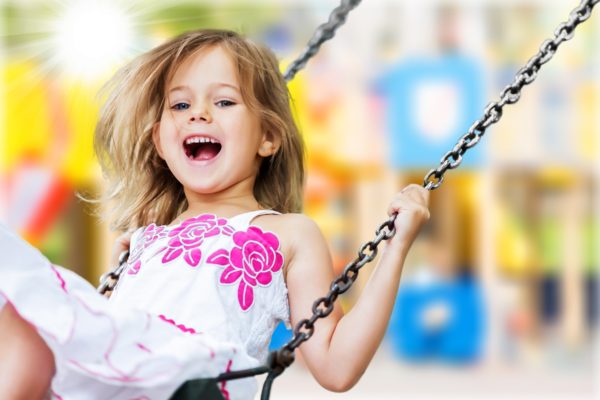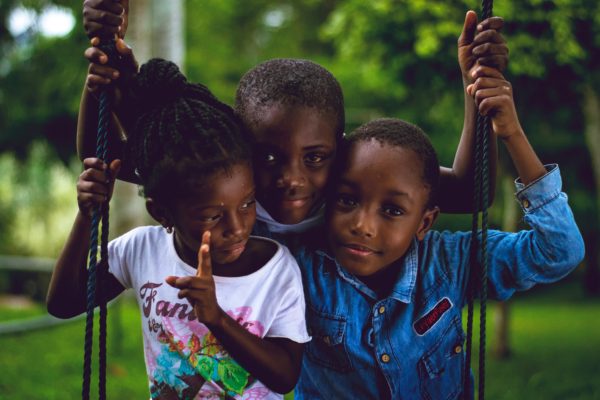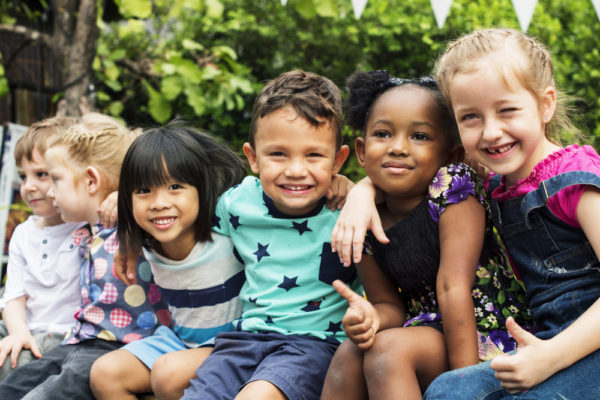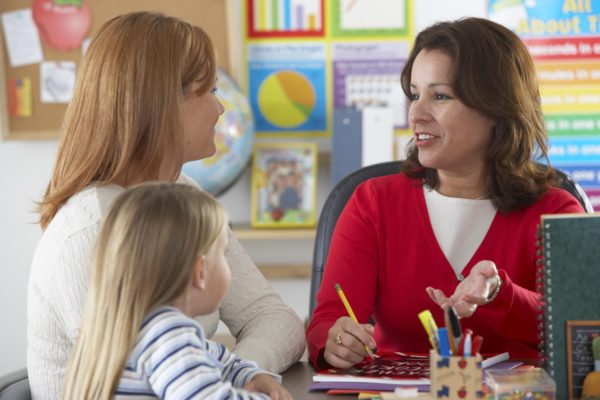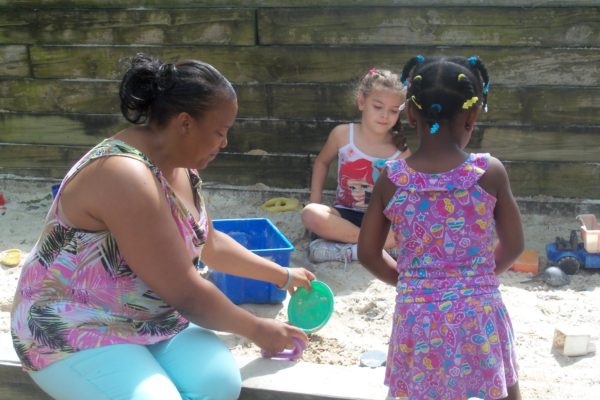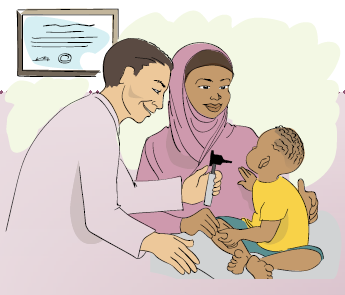The Early Childhood Family Engagement Framework Toolkit: Maryland’s Vision for Engaging Families with Young Children, was developed through funding with the W.K. Kellogg Foundation. The Toolkit was organized around the Framework. The Framework is the theory and the Toolkit puts the theory into practice.
The Toolkit was designed to support early care and education providers as they implement the Framework’s goals and strategies. Learn best practices and practical tips, techniques, and strategies about how to move from family involvement to family engagement through the tabs below, or open a PDF version of the toolkit:
View the Full Toolkit (PDF)
